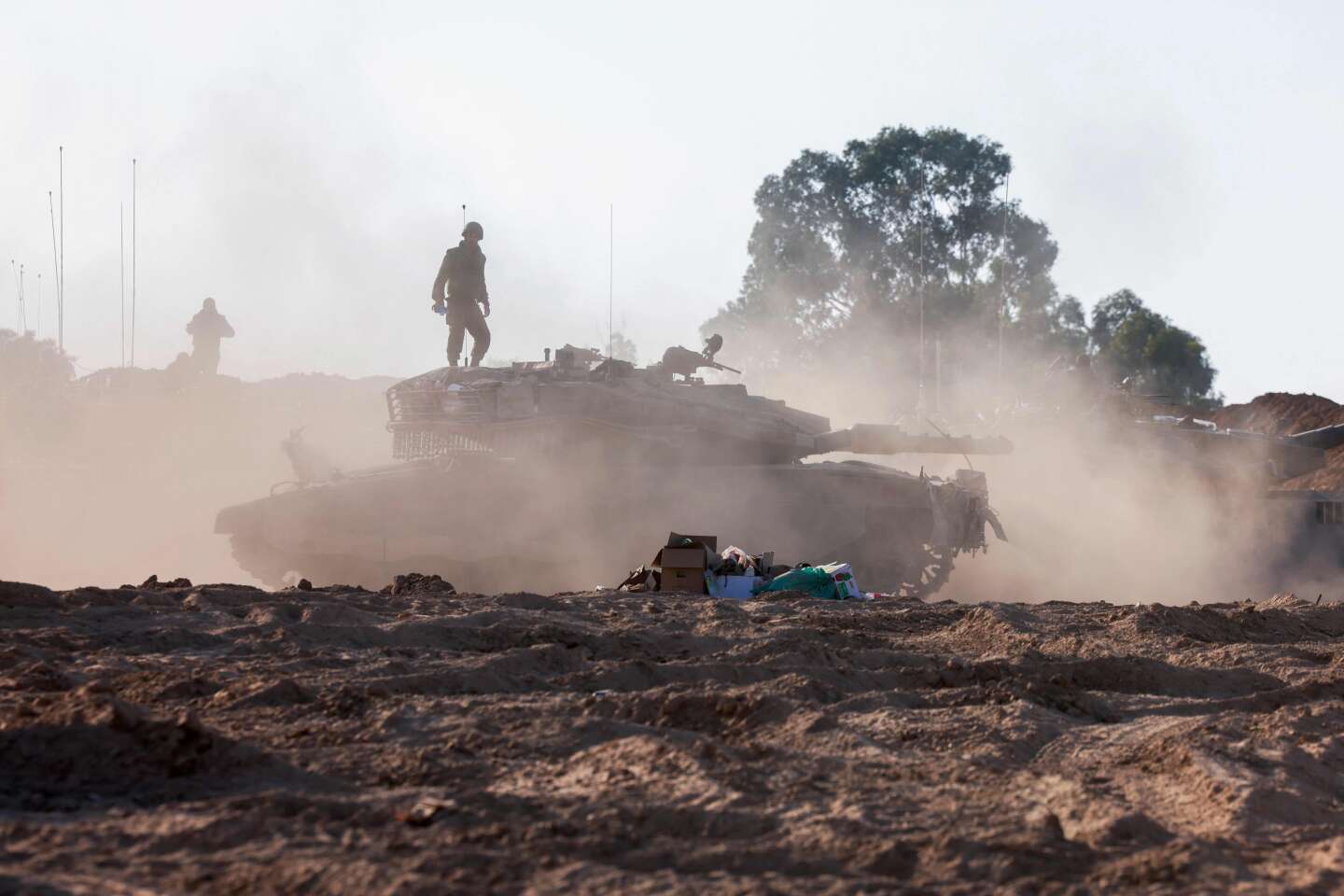
“The Palestinian cause is in danger of being buried for a long time under the ashes of horrific acts.”
“Are you still interested in this question?” »This is what an important diplomat told me a few months ago, when I asked him about the position of French policy regarding the Israeli-Palestinian conflict. With the sad, friendly tone of someone trying to make their interlocutor understand how far behind they are in the sequence. In other words: This problem is no longer one problem, you just have to manage it, the issues exist elsewhere. end of story.
This marginalization took place in several stages. The last serious talks date back to 2014, when John Kerry, Secretary of State under President Barack Obama, tried unsuccessfully to launch negotiations between the two countries. [le président de l’Autorité palestinienne] Mahmoud Abbas and [le premier ministre israélien] Benjamin Netanyahu.
As for the Security Council, its last initiative dates back to December 23, 2016, when Resolution (2334) was unanimously approved, which, after reminding “His vision of a region where two democratic states, Israel and Palestine, live side by side.”He confirms this “The acquisition of territory by force is unacceptable.”, that “The status quo is unsustainable”, that “Israel’s establishment of settlements constitutes a flagrant violation of international law.” And that’“Israel, the occupying power, is required to respect its obligations arising from the Fourth Geneva Convention.”
A month later, Donald Trump moved into the White House, and everything changed: recognition of Jerusalem as the capital of Israel (December 2017), the closure of the US consulate in East Jerusalem, and a radical reduction in aid to UNRWA. [l’agence des Nations unies chargée des 5,8 millions de réfugiés palestiniens au Proche-Orient]…And in January 2020, a very simple peace plan: everything, immediately, for the Israelis, and something, later, perhaps, for the Palestinians. The cornerstone of this policy: peace between the Arab countries and Israel. The Abraham Accords (August 2020) normalize relations between Israel, the United Arab Emirates and Bahrain, quickly followed by Morocco and Sudan, after Egypt had already signed a peace treaty in 1979 and Jordan in 1994. Since then, the big question has not been whether Was it Saudi Arabia or not? They will join the movement, but when and under what circumstances.
Consensus blindness
For Netanyahu, who has always been radically hostile to the idea of a Palestinian state, this new formation was almost unexpected. Indeed, when he was prime minister from 1996 to 1999, he did everything in his power to torpedo the Oslo process, which he viewed as a failure. “The problem, not the solution.” This position has become more assertive today because it has allied itself with the leaders of the more extreme right who belong to the same ideological movement that assassinated Yitzhak Rabin in November 1995. The stated goal of this alliance is to annex the West Bank. Which implies the complete surrender of the three million Palestinians living there and the continuation of the blockade on Gaza to keep the two million people (more than 80% of the 1948 refugees) there detained.
You have 53.74% of this article left to read. The rest is reserved for subscribers.

“Unapologetic pop culture trailblazer. Freelance troublemaker. Food guru. Alcohol fanatic. Gamer. Explorer. Thinker.”
